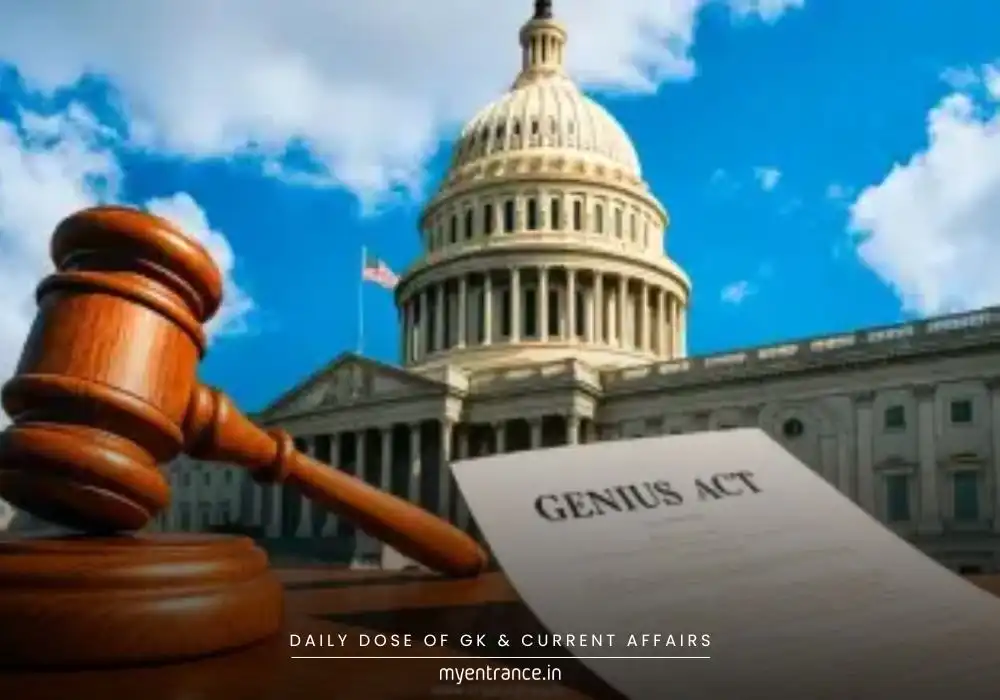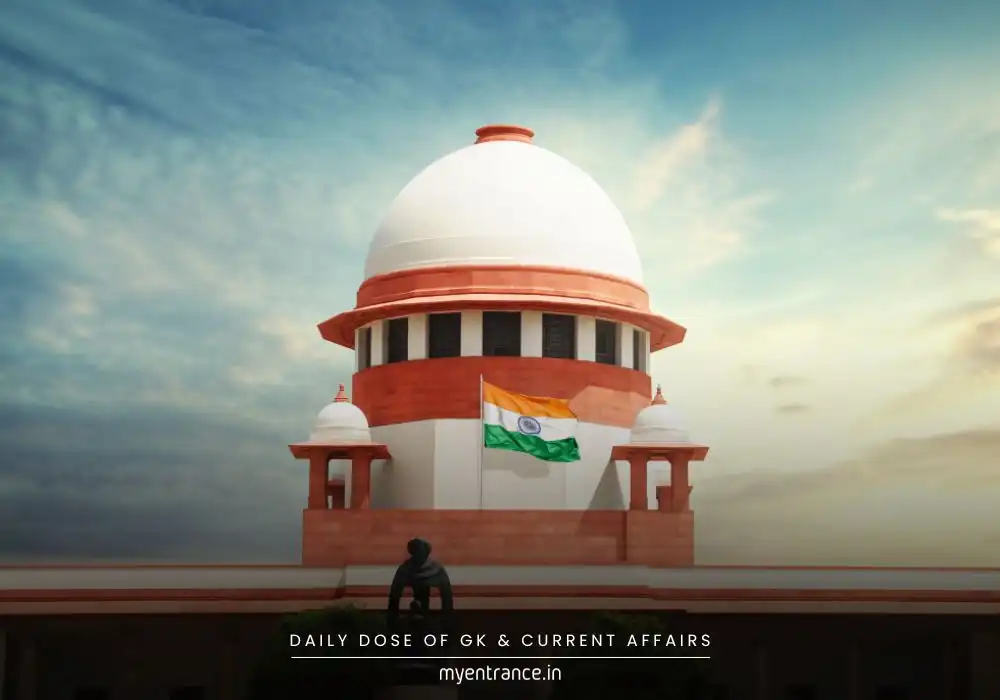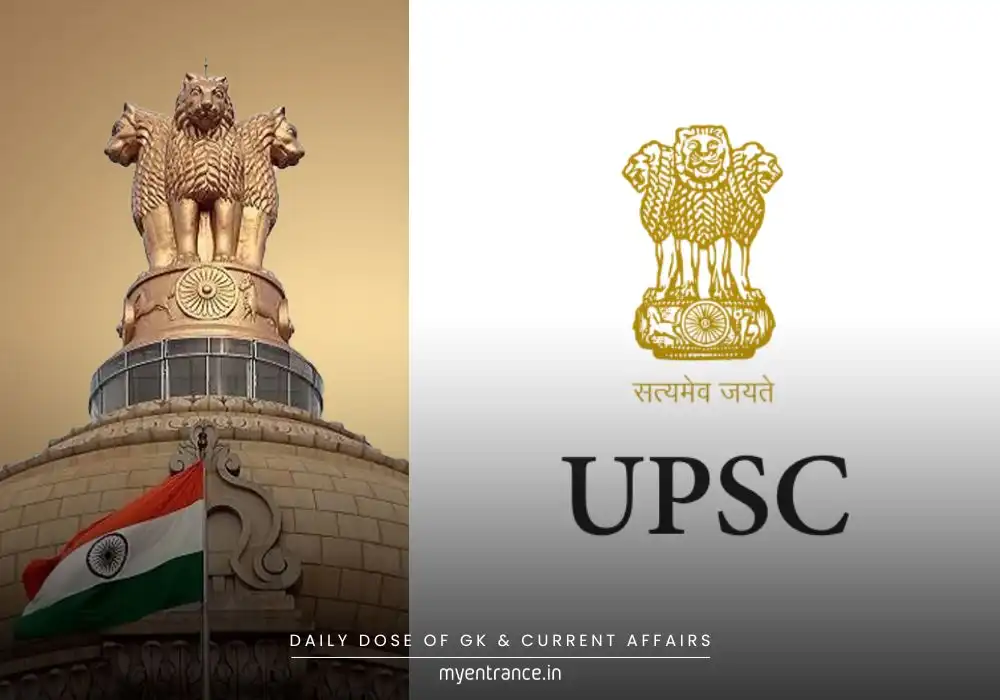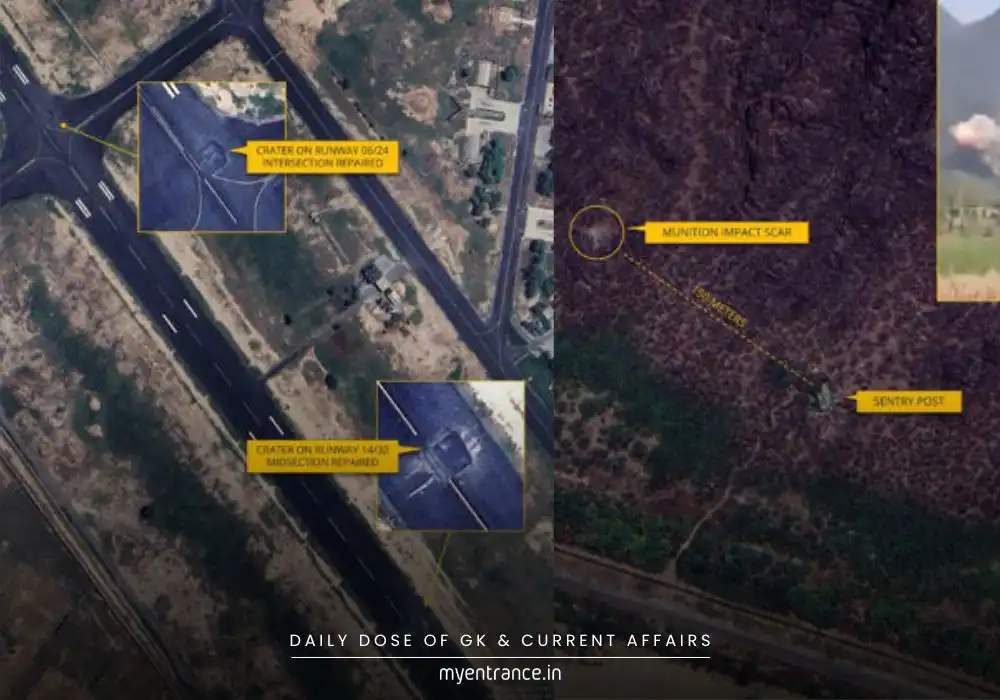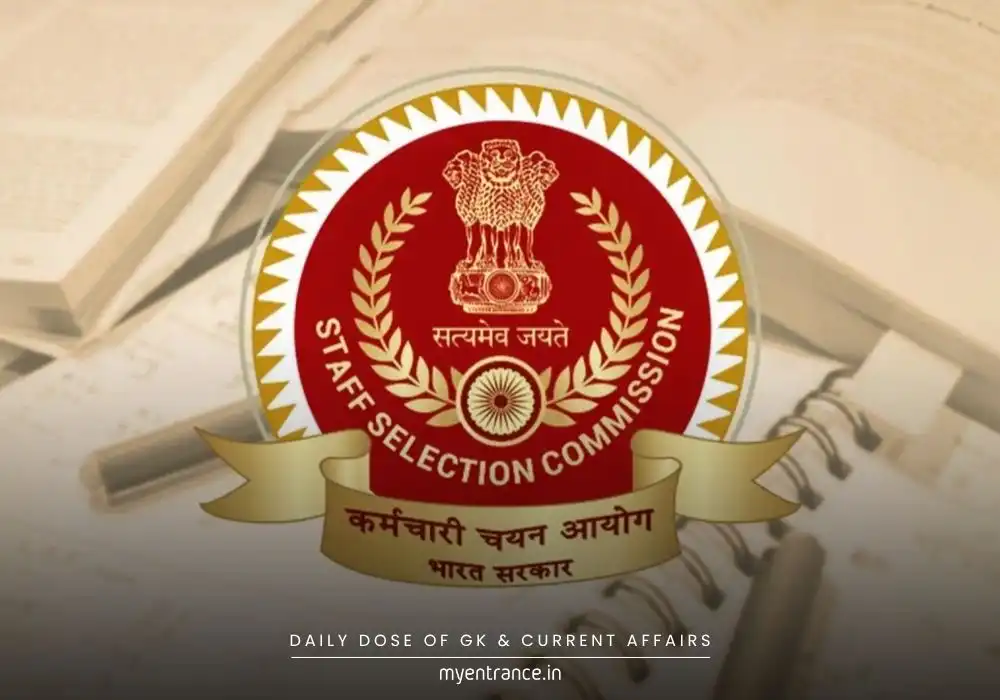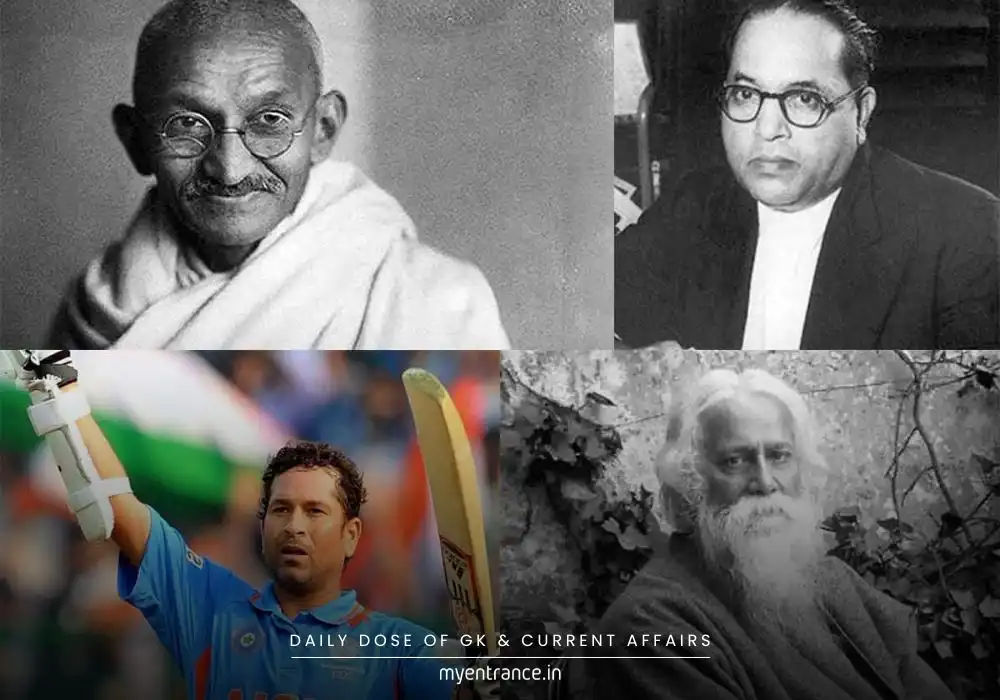Translate Language
About Men’s Asia Cup: A Must-Know for Competitive Exam Aspirants
The Men’s Asia Cup is a prestigious biennial cricket championship organized by the Asian Cricket Council (ACC). Since 1983, it has united Asia’s top cricketing nations, offering thrilling matches and showcasing regional talent. With ODI and T20I formats, it’s a vital event for fans and a potential exam topic!
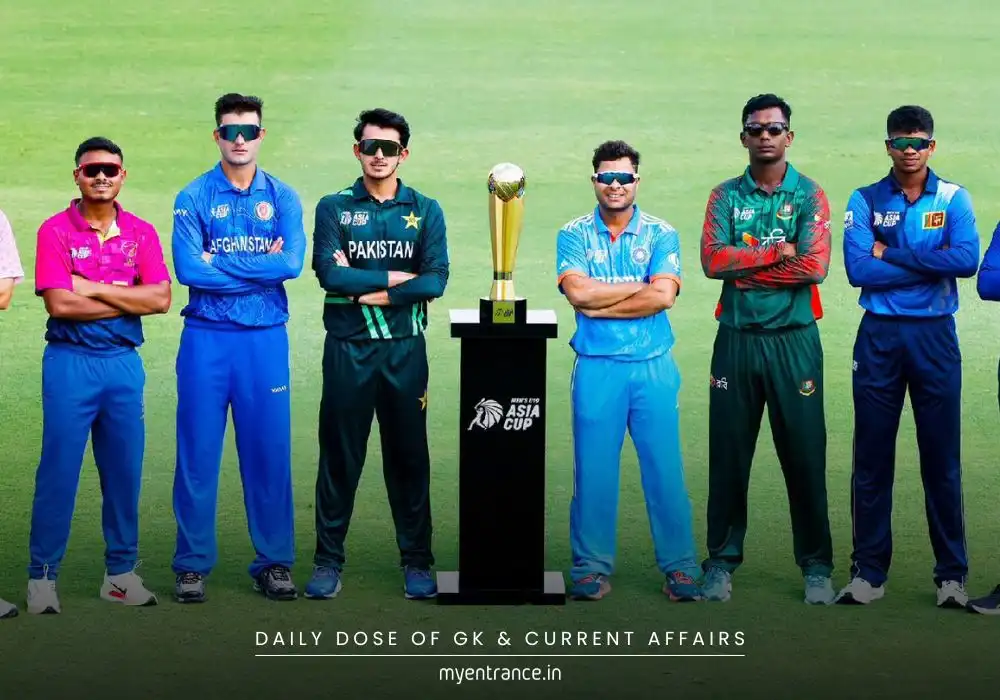
What is the Men’s Asia Cup?
Biennial Cricket Extravaganza: Held every two years, the Asia Cup features senior men’s national teams from Asia, battling for continental supremacy.
Historic Roots: Launched in 1984 in Sharjah, it aimed to strengthen ties among Asian cricketing nations. Political tensions occasionally led to boycotts (e.g., India in 1986, Pakistan in 1990).
Dual Formats: Since 2016, the tournament alternates between ODI and T20I formats, aligning with ICC World Events.
Championship Legacy: India leads with 8 titles, followed by Sri Lanka (6) and Pakistan (2). Sri Lanka holds the record for most participations (16 editions).
ICC Recognition: All matches hold official ODI/T20I status, adding to its prestige.
Sample Q&A for Competitive Exams
Q: When was the first Men’s Asia Cup held?
A: 1984 in Sharjah, UAE.
Q: Which team has won the most Asia Cup titles?
A: India (8 titles: 7 ODI, 1 T20I).
Q: Why was the 1993 Asia Cup cancelled?
A: Due to political tensions between India and Pakistan.
Q: How often is the Asia Cup held?
A: Biennially (every two years).
Q: Which format does the Asia Cup follow?
A: Rotates between ODI and T20I based on ICC World Events.
Why is This Important for Exams?
General Knowledge: A recurring topic in UPSC, SSC, PSC, and state exams under sports current affairs.
Cricket History: Helps answer questions on continental tournaments and ICC-affiliated events.
Format Awareness: Understanding ODI vs. T20I shifts is useful for sports-related MCQs.
Regional Diplomacy: Boycotts and cancellations reflect sports-politics connections, a potential essay topic.
Get 3 Months Free Access for SSC, PSC, NIFT & NID
Boost your exam prep!
Use offer code WELCOME28 to get 3 months free subscription. Start preparing today!

